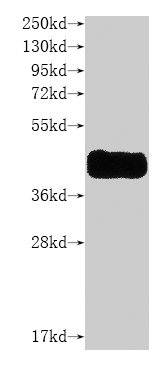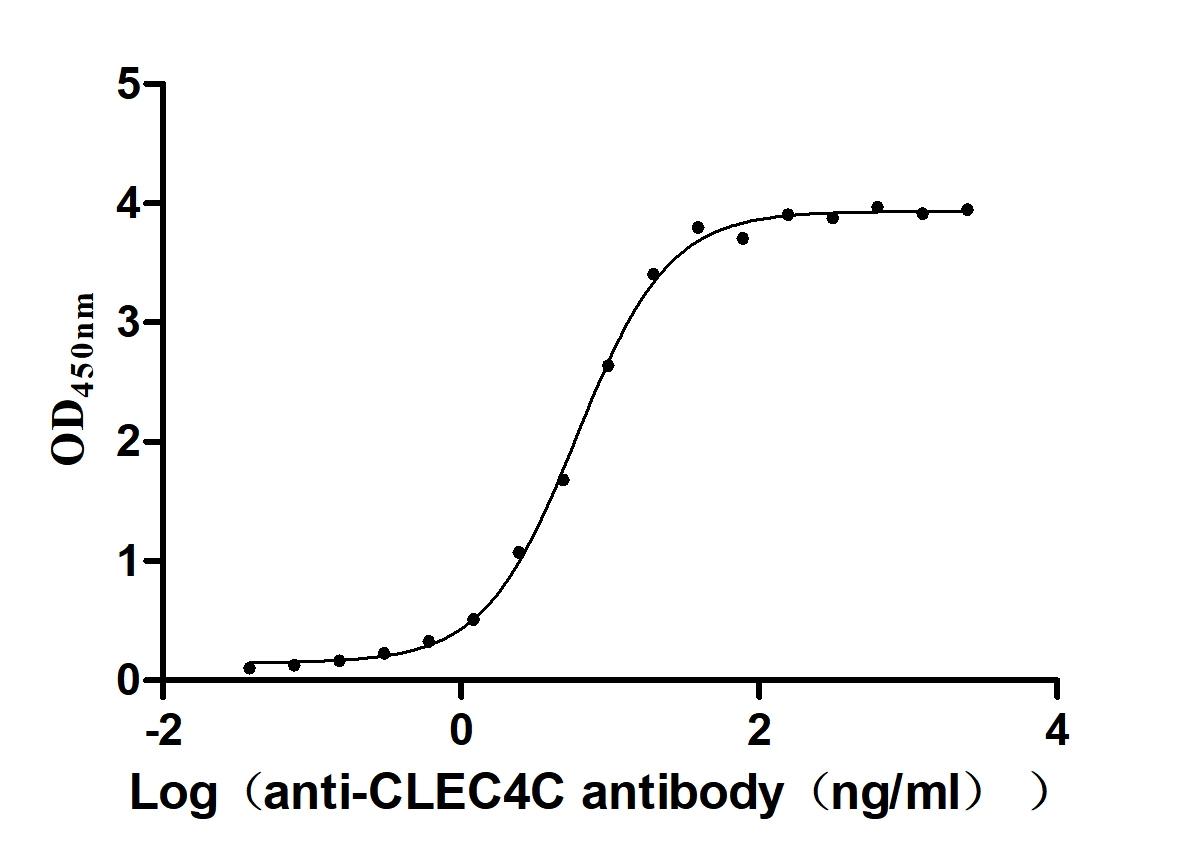Recombinant Mouse Single-minded homolog 1 (Sim1)
-
货号:CSB-YP723397MO
-
规格:
-
来源:Yeast
-
其他:
-
货号:CSB-EP723397MO
-
规格:
-
来源:E.coli
-
其他:
-
货号:CSB-EP723397MO-B
-
规格:
-
来源:E.coli
-
共轭:Avi-tag Biotinylated
E. coli biotin ligase (BirA) is highly specific in covalently attaching biotin to the 15 amino acid AviTag peptide. This recombinant protein was biotinylated in vivo by AviTag-BirA technology, which method is BriA catalyzes amide linkage between the biotin and the specific lysine of the AviTag.
-
其他:
-
货号:CSB-BP723397MO
-
规格:
-
来源:Baculovirus
-
其他:
-
货号:CSB-MP723397MO
-
规格:
-
来源:Mammalian cell
-
其他:
产品详情
-
纯度:>85% (SDS-PAGE)
-
基因名:Sim1
-
Uniprot No.:
-
别名:Sim1; Single-minded homolog 1; mSIM1
-
种属:Mus musculus (Mouse)
-
蛋白长度:full length protein
-
表达区域:1-765
-
氨基酸序列MKEKSKNAAR TRREKENSEF YELAKLLPLP SAITSQLDKA SIIRLTTSYL KMRVVFPEGL GEAWGHTSRT SPLDNVGREL GSHLLQTLDG FIFVVAPDGK IMYISETASV HLGLSQVELT GNSIYEYIHP ADHDEMTAVL TAHQPYHSHF VQEYEIERSF FLRMKCVLAK RNAGLTCGGY KVIHCSGYLK IRQYSLDMSP FDGCYQNVGL VAVGHSLPPS AVTEIKLHSN MFMFRASLDM KLIFLDSRVA ELTGYEPQDL IEKTLYHHVH GCDTFHLRCA HHLLLVKGQV TTKYYRFLAK QGGWVWVQSY ATIVHNSRSS RPHCIVSVNY VLTDTEYKGL QLSLDQISAS KPTFSYTSSS TPTISDNRKG AKSRLSSSKS KSRTSPYPQY SGFHTERSES DHDSQWGGSP LTDTASPQLL DPERPGSQHE LSCAYRQFPD RSSLCYGFAL DHSRLVEDRH FHTQACEGGR CEAGRYFLGA PPTGRDPWWG SRAALPLTKA SPESREAYEN SMPHITSIHR IHGRGHWDED SVVSSPDPGS ASESGDRYRT EQYQNSPHEP SKIETLIRAT QQMIKEEENR LQLRKAPPDQ LASINGAGKK HSLCFANYQQ PPPTGEVCHS SALASTSPCD HIQQREGKML SPHENDYDNS PTALSRISSP SSDRITKSSL ILAKDYLHSD MSPHQTAGDH PAISPNCFGS HRQYFDKHAY TLTGYALEHL YDSETIRNYS LGCNGSHFDV TSHLRMQPDP AQGHKGTSVI ITNGS
-
蛋白标签:Tag type will be determined during the manufacturing process.
The tag type will be determined during production process. If you have specified tag type, please tell us and we will develop the specified tag preferentially. -
产品提供形式:Lyophilized powder
Note: We will preferentially ship the format that we have in stock, however, if you have any special requirement for the format, please remark your requirement when placing the order, we will prepare according to your demand. -
复溶:We recommend that this vial be briefly centrifuged prior to opening to bring the contents to the bottom. Please reconstitute protein in deionized sterile water to a concentration of 0.1-1.0 mg/mL.We recommend to add 5-50% of glycerol (final concentration) and aliquot for long-term storage at -20℃/-80℃. Our default final concentration of glycerol is 50%. Customers could use it as reference.
-
储存条件:Store at -20°C/-80°C upon receipt, aliquoting is necessary for mutiple use. Avoid repeated freeze-thaw cycles.
-
保质期:The shelf life is related to many factors, storage state, buffer ingredients, storage temperature and the stability of the protein itself.
Generally, the shelf life of liquid form is 6 months at -20°C/-80°C. The shelf life of lyophilized form is 12 months at -20°C/-80°C. -
货期:Delivery time may differ from different purchasing way or location, please kindly consult your local distributors for specific delivery time.Note: All of our proteins are default shipped with normal blue ice packs, if you request to ship with dry ice, please communicate with us in advance and extra fees will be charged.
-
注意事项:Repeated freezing and thawing is not recommended. Store working aliquots at 4°C for up to one week.
-
Datasheet :Please contact us to get it.
靶点详情
-
功能:Transcriptional factor that may have pleiotropic effects during embryogenesis and in the adult.
-
基因功能参考文献:
- Data (including data from studies in knockout mice) suggest that expression of Mc4r in Sim1 neurons of arcuate nucleus of hypothalamus, paraventricular hypothalamic nucleus, and amygdala is involved in sexual function; here, expression of Mc4r only on Sim1 neurons reverses sexual deficits seen in Mc4r null mice. (Mc4r = melanocortin 4 receptor; Sim1 = single-minded homolog 1) PMID: 29059347
- Results demonstrate that Sim1 is essential for proper migration and the guidance of commissural axons of the spinal V3 interneurons PMID: 25652362
- These findings reveal Sim1 as a critical yet previously unrecognized modulator of skeletal homeostasis that functions through a central relay. PMID: 25607894
- CB1 receptors on Sim1-positive neurons do not impact food intake but hinder energy expenditure during dietary environmental challenges that promote body weight gain. PMID: 25456065
- Results show that Sim1 acts physiologically as well as developmentally to regulate body weight. PMID: 24773343
- Paraventricular nucleus Sim1 neuron ablation mediated obesity is resistant to high fat diet. PMID: 24260538
- Sim1 neurons in adult mice regulate both food intake and energy expenditure PMID: 22558467
- Sim1 is a regulator of dorsal raphe nucleus specification acting upstream of Pet1 and Tph2. PMID: 21541283
- Sim1 haploinsufficiency is thus associated with a decrease of several paraventricular nucleus and supraoptic nucleus of the hypothalamus cell types, which has the potential of affecting distinct homeostatic processes. PMID: 20092567
- Differential activities of murine single minded 1 (SIM1) and SIM2 on a hypoxic response element PMID: 11782478
- interaction between SIM1 and arylhydrocarbon receptor involved in the control of food intake PMID: 14660629
- Our results indicate that Sim1 gene dosage modulates the homeostatic feeding response to increased dietary fat and likely plays a physiological role in the regulation of energy balance. PMID: 14982752
- Sim1 utilizes two common downstream genes, Brn2 and Sim2, to mediate distinctive sets of neuroendocrine hormone gene expression. PMID: 14988428
- Sim1 and Sim2 act along compensatory, but not hierarchical, pathways, suggesting that they play similar roles in vivo. PMID: 16291793
- Sim1 heterozygotes are resistant to hypothalamic melanocortin signaling and suggest that Sim1-expressing paraventricular nucleus neurons regulate feeding, but not energy expenditure, in response to melanocortin signaling. PMID: 16728530
- Sim1 functions along a physiological pathway to control food intake. PMID: 16807340
- Our analysis suggests that Sim1 function is required for the production or the survival of postmitotic neurons as well as for correct positioning of AH neurons. PMID: 16860307
- Transcriptional regulation of neuronal migration cues initiated by Sim1 that contribute to the organization of the paraventricular hypohalamic nucleus and supraoptic hypothalamus. PMID: 17356169
- Oxt neurons have a role in feeding regulation and reduced Oxt neuropeptide is one mechanism mediating the hyperphagic obesity of Sim1(+/-) mice PMID: 18451093
- Deletion of Mecp2 in Sim1-expressing neurons results in a subset of the phenotypes observed in Rett syndrome and related MECP2 disorders. PMID: 18817733
- Sim1 gene expression is associated with the early step of muscle progenitor cell migration in chick and mouse, while the Sim2 gene is expressed just after the migration process PMID: 19123137
显示更多
收起更多
-
亚细胞定位:Nucleus.
-
组织特异性:Detected in lung, skeletal muscle and kidney. During fetal development it is found in the CNS, developing kidney, mesodermal and endodermal tissues, including developing somites, mesonephric duct, and foregut.
-
数据库链接:
KEGG: mmu:20464
STRING: 10090.ENSMUSP00000020071
UniGene: Mm.4774
Most popular with customers
-
Recombinant Human Intestinal-type alkaline phosphatase (ALPI) (Active)
Express system: Mammalian cell
Species: Homo sapiens (Human)
-
Recombinant Human G-protein coupled receptor family C group 5 member D (GPRC5D)-VLPs (Active)
Express system: Mammalian cell
Species: Homo sapiens (Human)
-
Recombinant Mouse Retinol-binding protein 4 (Rbp4) (Active)
Express system: Mammalian cell
Species: Mus musculus (Mouse)
-
Recombinant Macaca fascicularis Claudin (CLDN18)-VLPs (Active)
Express system: Mammalian cell
Species: Macaca fascicularis (Crab-eating macaque) (Cynomolgus monkey)
-
Recombinant Human Claudin-4 (CLDN4)-VLPs (Active)
Express system: Mammalian cell
Species: Homo sapiens (Human)
-
Recombinant Human Microtubule-associated protein tau (MAPT) (Active)
Express system: Mammalian cell
Species: Homo sapiens (Human)
-
Recombinant Human C-C chemokine receptor type 8 (CCR8)-VLPs (Active)
Express system: Mammalian cell
Species: Homo sapiens (Human)
-
Recombinant Macaca fascicularis C-type lectin domain family 4 member C(CLEC4C), partial (Active)
Express system: Mammalian cell
Species: Macaca fascicularis (Crab-eating macaque) (Cynomolgus monkey)



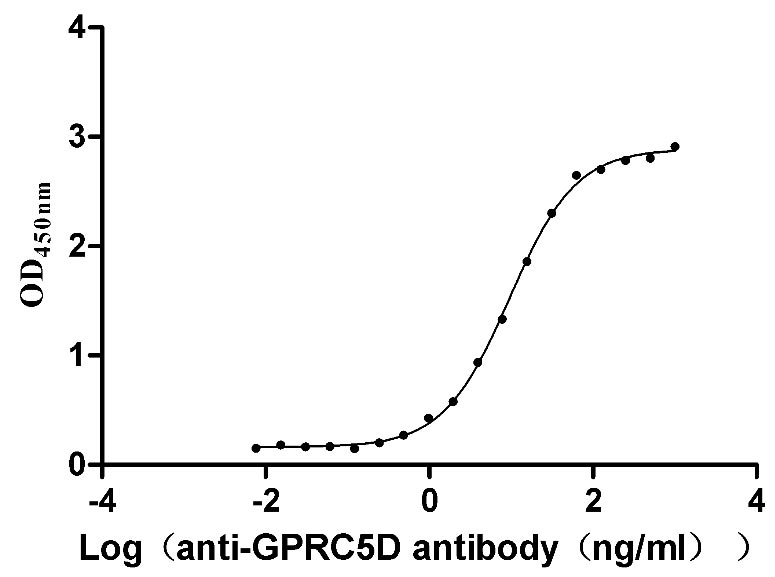
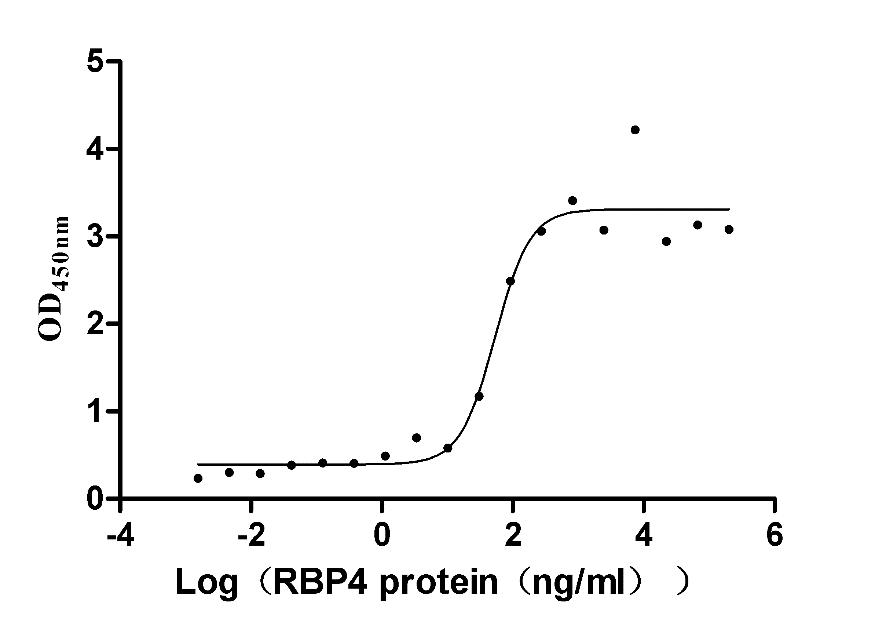
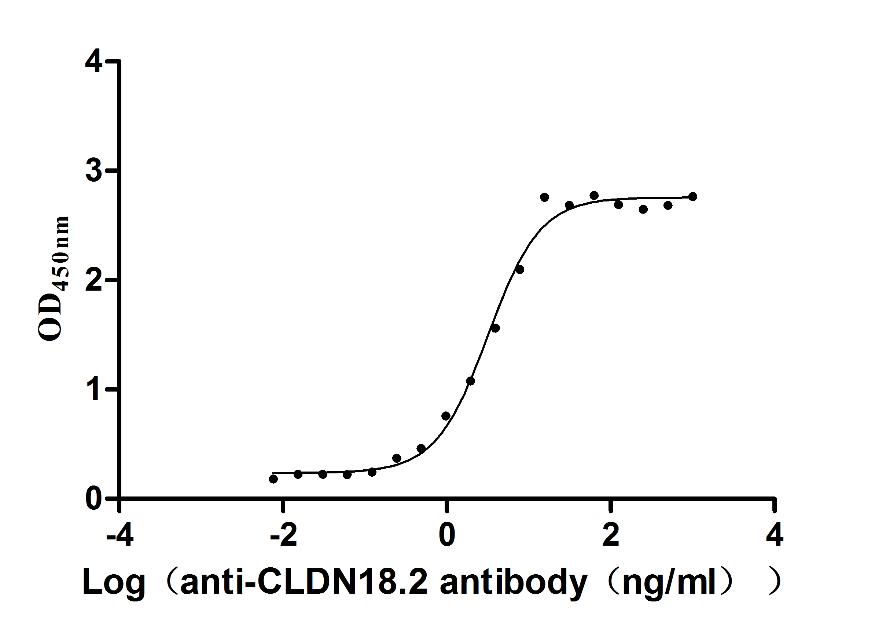
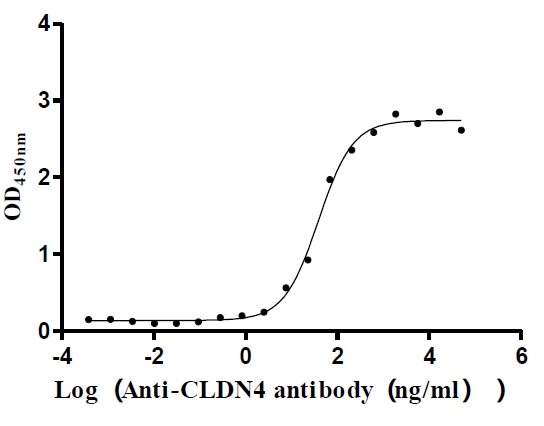
-AC1.jpg)
